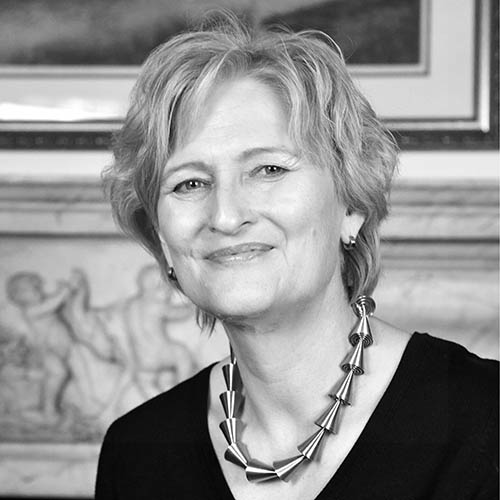The history of knowledge analyzes the production and circulation of knowledge, taking into consideration a broad spectrum of people, practices, and social contexts. Scholars working in the field seek to understand the creation of knowledge orders and systems along with the often highly asymmetrical power relationships upon which they rest. The development of the field has taken distinct paths in Europe and the two American continents. A central objective of the GHI’s program in the history of knowledge is to spur transatlantic and transhemispheric exchange as well as collaboration on thematically related research topics and methodologies.
Beyond its transregional agenda, the GHI takes a broad approach to “knowledge” in its programming. Research at the GHI zeroes in on established actors and institutions of knowledge production, such as individual scholars, scientists, or academia in its entirety. Moreover, researchers here look at actors and spaces not typically associated with knowledge production as well as multidirectional knowledge flows. They focus on the clashes of knowledge orders and seek to historicize the hegemony of distinct types of knowledge and how these have been constructed. And they highlight the social impact of knowledge, revealing how knowledge-producing institutions such as universities function as highly hierarchical social spheres.
The history of knowledge also serves as vehicle for collaboration across the GHI’s core research fields and other subfields of history. Ongoing research combines, for instance, knowledge with the history of mobility, infrastructure, and elitism. The GHI’s “Migrant Knowledge” initiative supports research at the intersection of migration history and the history of knowledge. Emphasizing the many facets of the field, the “History of Knowledge” Blog showcases current projects at the GHI and beyond for both academic and general audiences.
Photo Credit: The Wealth of the Nation, 1938. Seymour Fogel, Social Security Building (Voice of America).
Team
Viola Alianov-Rautenberg
Research Fellow, GHI Pacific Office
Pacific Office of the German Historical Institute Washington
Institute of European Studies | University of California, Berkeley | 249 Philosophy Hall | Berkeley, CA 94720-2316
Phone +1.202.387.3355
Anna-Carolin Augustin
Research Fellow
German Historical Institute Washington
1607 New Hampshire Ave NW | Washington DC 20009
Phone +1.202.387.3355
Axel Jansen
Deputy Director
German Historical Institute Washington
1607 New Hampshire Ave NW | Washington DC 20009
Phone +1.202.387.3355
Kerstin von der Krone
Affiliated Scholar
German Historical Institute Washington
Phone +1.202.387.3355
Simone Lässig
Director
German Historical Institute Washington
1607 New Hampshire Ave NW | Washington DC 20009
Phone +1.202.387.3355
Atiba Pertilla
Research Fellow & Digital Editor
German Historical Institute Washington
1607 New Hampshire Ave NW | Washington DC 20009
Phone +1.202.387.3355
Mario Peters
Research Fellow
German Historical Institute Washington
1607 New Hampshire Ave NW | Washington DC 20009
Phone +1.202.387.3355
Raphael Rössel
Research Fellow
German Historical Institute Washington
1607 New Hampshire Ave NW | Washington DC 20009
Phone +1.202.387.3355
Swen Steinberg
Affiliated Scholar
German Historical Institute Washington
1607 New Hampshire Ave NW | Washington DC 20009
Phone +1.202.387.3355
Richard F. Wetzell
Research Fellow & Editor
German Historical Institute
1607 New Hampshire Ave NW, Washington DC 20009 U.S.A.
Phone +1.202.387.3355
Projects
Publications
Bulletin 72 (Fall 2023)
Forum: The German Treatment of Soviet Prisoners of War During The Second World War
Read onBulletin 71 (Spring 2023)
Read onAnna Corsten
Unbequeme Erinnerer: Emigrierte Historiker in der westdeutschen und US-amerikanischen NS- und Holocaust-Forschung, 1945–1998
Transatlantische Historische Studien. Band 62. Stuttgart: Franz Steiner Verlag, 2022.
Read onBulletin 69 (Fall 2021 & Spring 2022)
Read onSophia Dafinger
Die Lehren des Luftkriegs: Sozialwissenschaftliche Expertise in den USA vom Zweiten Weltkrieg bis Vietnam
Transatlantische Historische Studien. Band 59. Stuttgart: Franz Steiner Verlag, 2020.
Read on








